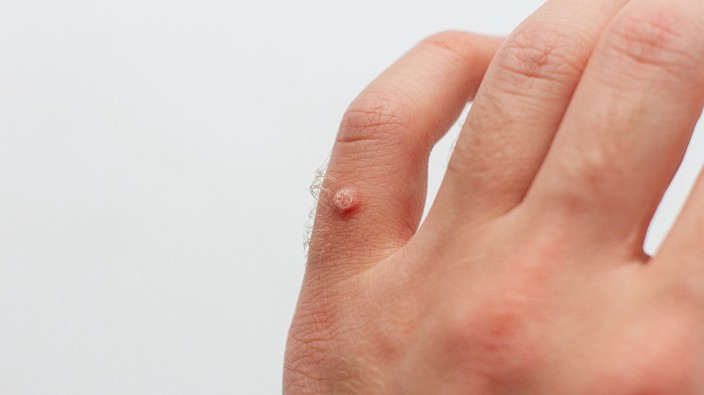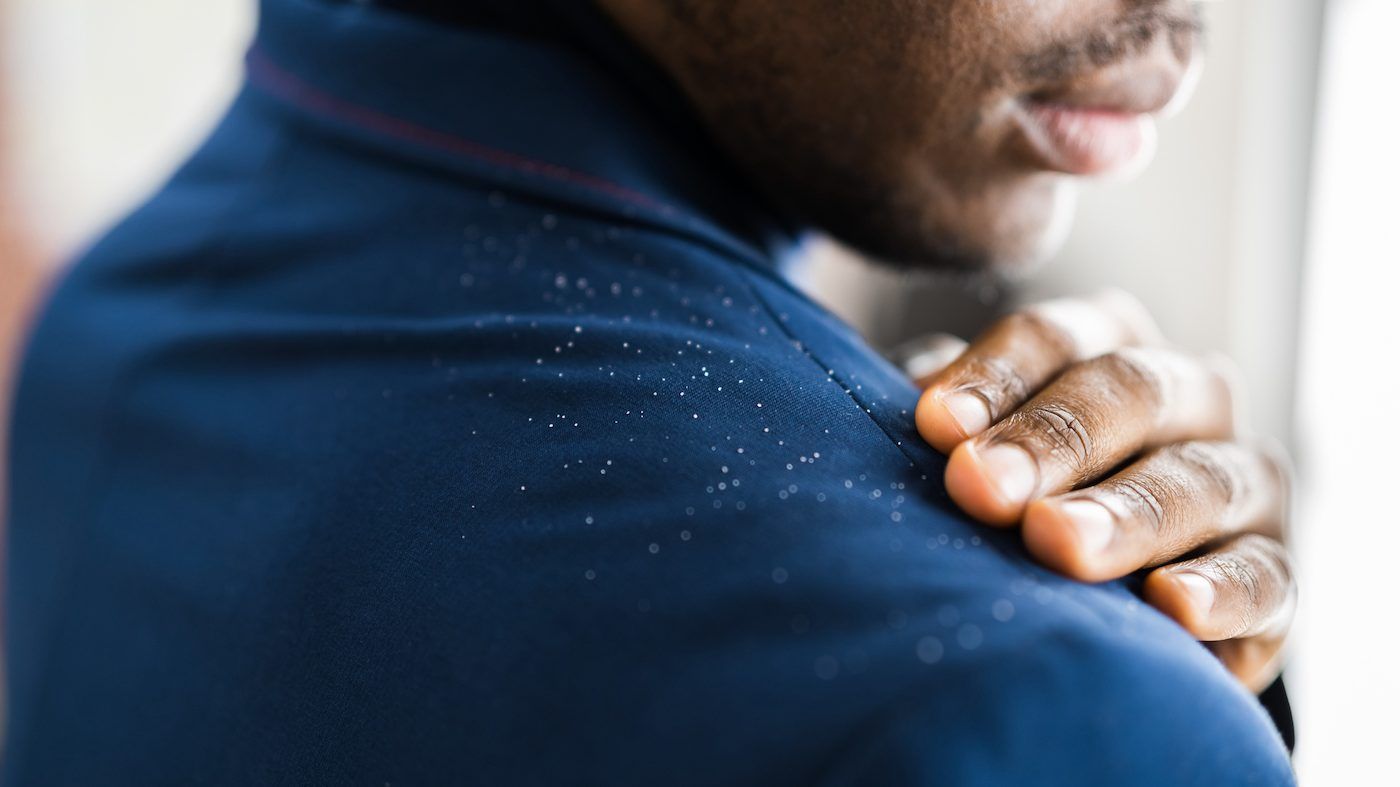but just so you’re clear: contracting these common warts is not a sign of illness, kuritzky stresses.
“having warts doesn’t mean there’s anything wrong with your immune system as a whole,” she says. “we do see certain individuals who seem to be more prone to warts, and there are even genetic syndromes of people who get particular hpv serotypes.”
a doorknob could spread hpv
all of us come into contact with hpv repeatedly, just by touching a doorknob, for example. but only some of us develop warts.
“there may be little differences in individuals’ immune systems that might make one individual more prone to warts than another, just like one individual might be more prone to getting fungal infections like ringworm than another,” kuritzky says.
she explains that if you have a tendency to get warts, you’re up for a battle. once hpv takes hold in the skin, it stays in the uppermost level of the epidermis which is relatively immune-protected.
“there are no blood vessels up there and the immune cells, the white blood cells, don’t travel there. so your immune system remains unaware that hpv is thriving,” she says.
the virus can then infect the skin cells and replicate — and your immune system is none the wiser.
 4 minute read
4 minute read








